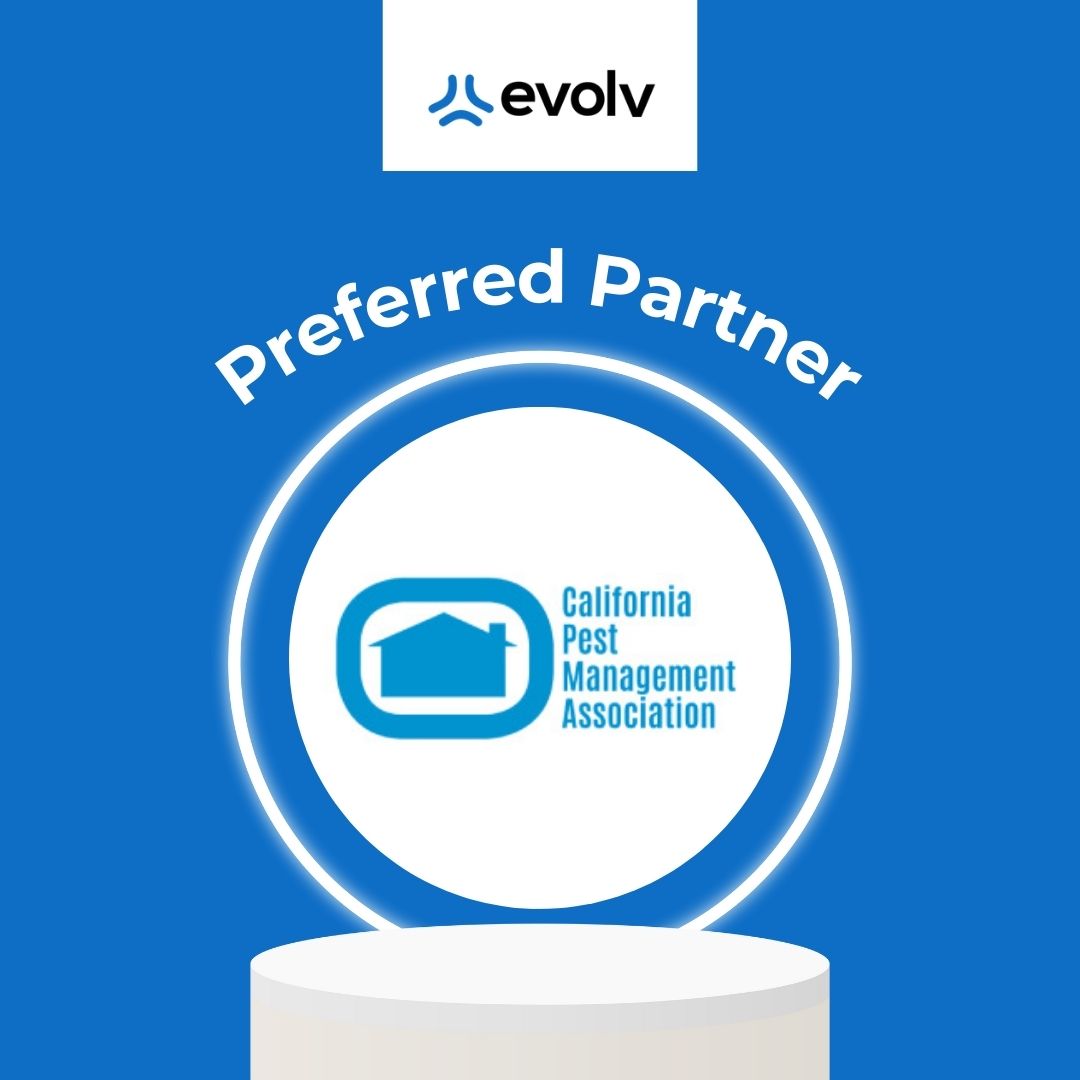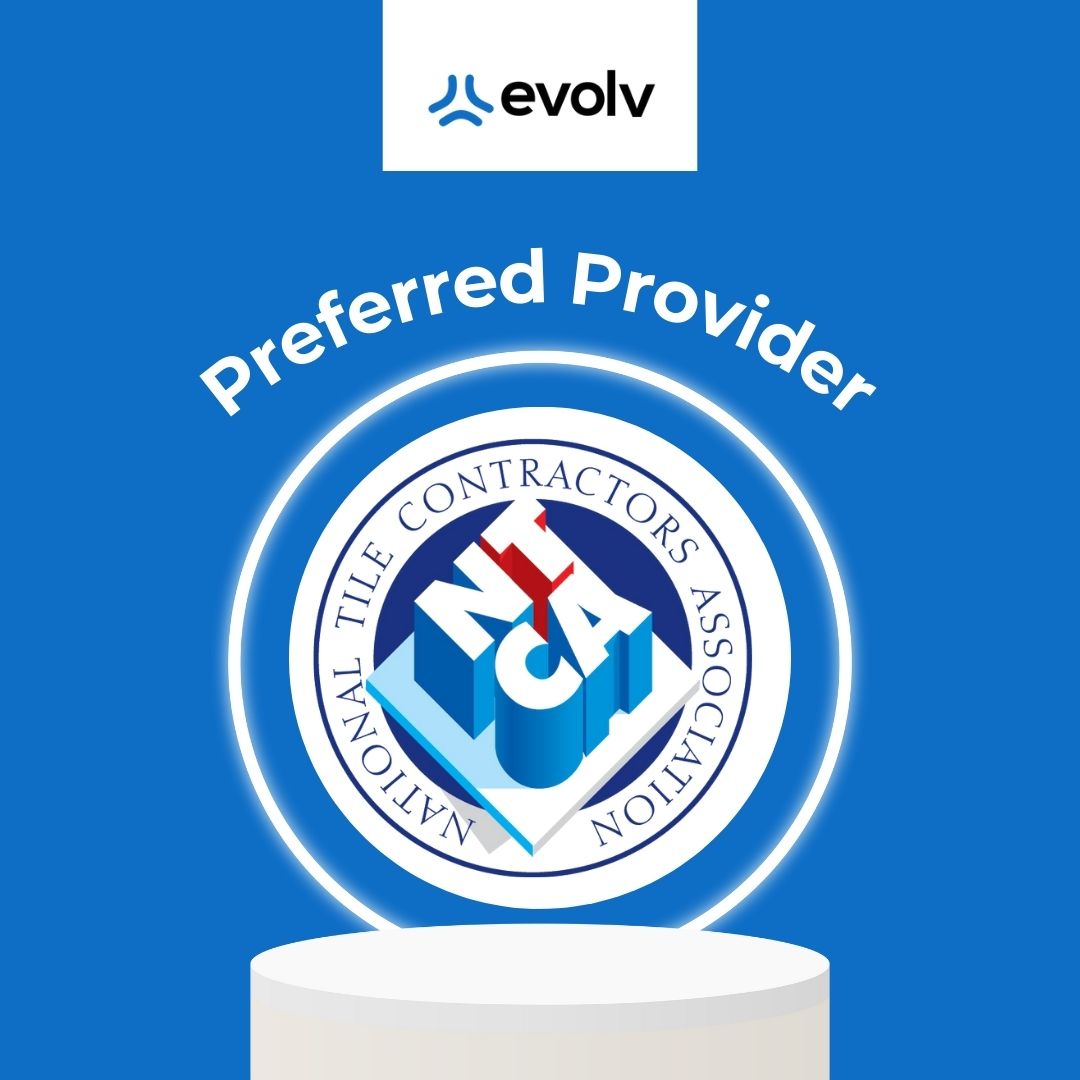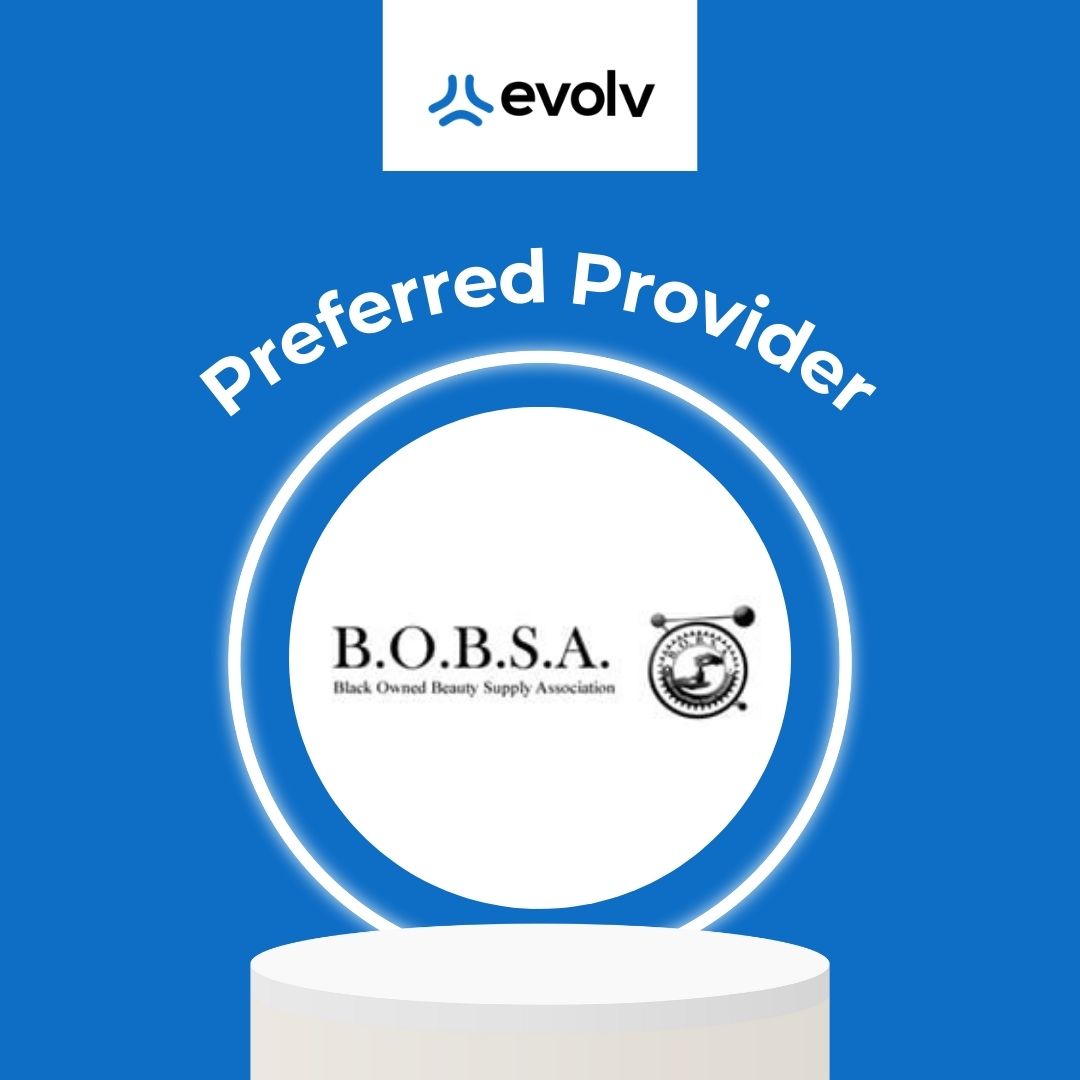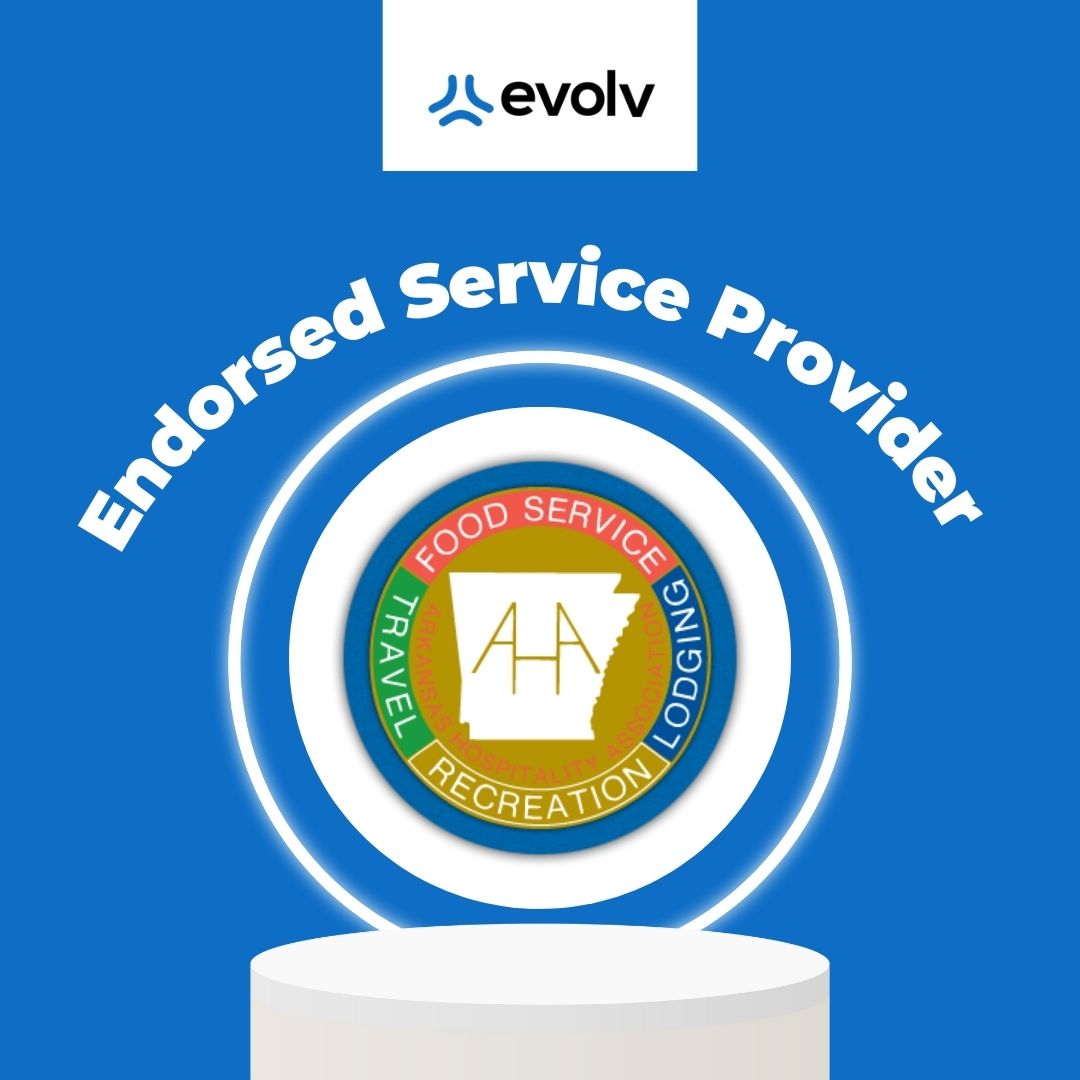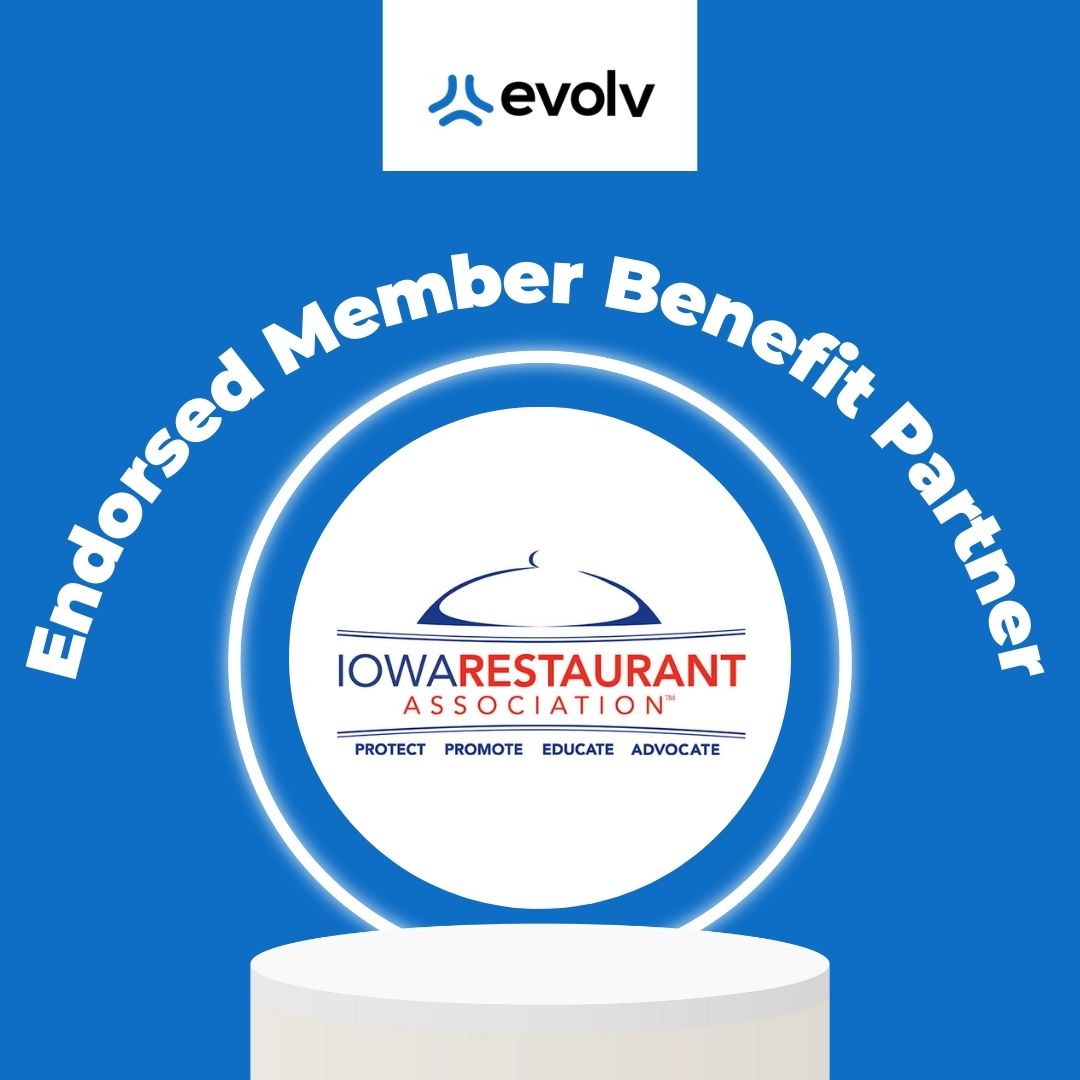How Dual Pricing Benefits Financial Institutions’ Commercial Customers
Dual pricing is a pricing strategy in which merchants offer customers two prices for the same product or service: one for cash payments and another for card payments. The card price reflects the cost of accepting card payments, including the merchant services fees and other costs associated with card acceptance. At Evolv, we call this model Buyer’s Choice, because the consumer chooses whether they want to pay with cash or to pay with card and a small fee for the convenience of using it. This pricing strategy is becoming increasingly popular within the US merchant payments industry as a way for merchants to offset the high costs associated with accepting card payments and avoid raising their prices. This article will examine the history and current state of a dual pricing model within the US merchant payments industry, including the legal and regulatory environment, the benefits and challenges for merchants and consumers, and potential future developments.
Why So High?
The cost of accepting credit cards is high because of the fees associated with processing the transactions. Some of these fees include:
1. Interchange fees: These are fees charged by the card issuer (such as Visa or Mastercard) to the merchant for accepting their card. These fees vary depending on the type of card, the transaction amount, and other factors.
2. Assessment fees: These are fees charged by the card networks (such as Visa or Mastercard) for using their networks to process transactions.
3. Processing fees: These are fees charged by the merchant's bank or payment processor for handling the transactions. These fees can include monthly or annual fees, as well as per-transaction fees.
4. Chargeback fees: These are fees charged by the merchant's bank or payment processor when a customer disputes a charge and requests a refund.
These fees can add up and add to the cost of accepting credit cards. With Traditional Pricing, processing fees paid by the merchant are used by credit card companies to incentivize their customers to pay with card by offering rewards or points, including cash back, travel points, or merchandise, depending on the card issuer and the type of card. Additionally, merchants may also have to purchase equipment and software to process credit card transactions, which can also add to the cost.
Laying the Groundwork for Dual Pricing
The merchant payments industry in the United States has been traditionally dominated by card networks such as Visa and Mastercard. These networks charge merchants a percentage of each transaction, known as the merchant discount rate (MDR), as well as other fees, such as chargebacks and monthly statements. These fees can add up to a significant cost for merchants—especially for small businesses. In addition, the Durbin Amendment, a provision of the Dodd-Frank Wall Street Reform and Consumer Protection Act, caps the amount of MDR that can be charged on debit card transactions.
Dual pricing has been used by merchants in the United States for several decades, particularly in the retail and service sectors. The practice became more prevalent in the 1990s and 2000s, as the popularity of credit and debit cards grew, and merchants began to incur higher costs for card acceptance.
Legal and Regulatory Environment
In the United States, the legality of dual pricing is governed by a patchwork of federal and state laws and regulations. The most relevant federal law is the Truth in Lending Act (TILA), which requires merchants to disclose the terms and conditions of credit transactions and prohibits them from discriminating against customers who use credit. In addition, the Electronic Fund Transfer Act (EFTA), requires merchants to disclose the terms and conditions of electronic funds transfer (EFT) transactions, such as debit card transactions.
At the state level, there are several laws and regulations that govern dual pricing, including state consumer protection laws, state usury laws, and state sales tax laws. Some states, such as California, have laws that specifically prohibit surcharging, while others, such as Texas, have laws that specifically allow it. In states where surcharging is legal, merchants are typically required to disclose the surcharge in a clear and conspicuous manner and to apply it consistently to all customers who use credit or debit cards. However, the recent Supreme Court ruling in the case of Expressions Hair Design v. Schneiderman, merchants now have a right to surcharge customers who use credit cards under the First Amendment.
The Difference between Dual Pricing and Surcharging
Dual pricing refers to charging customers two different prices, oftentimes a cash price and card price with payment fees built in. This is often done to save on the fees associated with processing card payments. Surcharging, on the other hand, refers to adding an additional fee to a customer's total purchase price if they choose to pay with a credit or debit card. This is typically done to cover the cost of card processing fees. In summary, dual pricing is a way to give customers a choice to pay with cash, while surcharging is a way to pass on the cost of card processing fees to customers who choose to pay with a credit or debit card.
Implementation of Dual Pricing
Dual pricing is implemented by merchants by displaying two prices for their products or services: one for cash payments and one for card payments. The card price is typically higher than the cash price to offset the costs of accepting card payments. This pricing strategy is typically used by businesses that have low-margin products or services, such as gas stations or convenience stores. In the last three years, more and different businesses are opting for this pricing strategy as the point-of-sale equipment is now available that will show both prices on the terminal screen allowing the consumer to choose the price they wish to pay or the payment method they wish to use.
Benefits & Challenges of Dual Pricing for Merchants
One of the main benefits of dual pricing for merchants is that it allows them to recover some of the costs associated with card acceptance, such as merchant services fees. This can help to mitigate the impact of these costs on their bottom line and allow them to remain competitive in the marketplace without having to raise their prices. Additionally, dual pricing can help to encourage customers to pay with cash, which can be less expensive for merchants to accept and can also help to reduce the risk of fraud.
Despite the benefits, there are also several challenges associated with dual pricing for merchants. One of the main challenges is the complexity of the legal and regulatory environment, which can make it difficult for merchants to comply with all the applicable laws and regulations. Additionally, merchants may also face challenges in communicating the dual pricing policy to customers in a clear and consistent manner, which can lead to confusion and dissatisfaction among customers.
Benefits & Challenges of Dual Pricing for Consumers
Dual pricing provides many benefits for consumers, particularly those who choose to pay with cash. By offering a lower cash price, merchants can provide an incentive for customers to use cash, which can be less expensive for merchants to accept and can also help to reduce the risk of fraud. Additionally, dual pricing can also provide a greater level of transparency for consumers, allowing them to see the true cost of card acceptance and make more informed decisions about how to pay for goods and services.
However, it can also be seen as a drawback, as it can be confusing and may create a sense of discrimination against card users. Furthermore, it could be argued that the practice is discriminatory against certain groups of people, such as those who are unbanked or underbanked and may not have access to cash.
Conclusion
Dual pricing is a pricing strategy that is becoming increasingly popular within the US merchant payments industry. By allowing merchants to offset the costs of accepting card payments, it can be a valuable tool for businesses, especially small businesses with low-margin products or services. However, it is important for merchants to be aware of the regulations regarding surcharging in their state before implementing this strategy. Financial Institutions that partner with Evolv have the added benefit of Account Executives, Relationship Managers, and an in-house Customer Support department that works with and educates their partner’s commercial customers ensuring that they are fully compliant in all instances.
Having the option for the Merchant to choose whether they want to remain with Traditional Pricing or implement the Dual Pricing is an advantage for the Bank’s Merchant program. The Merchant is in control and can decide which processing strategy is best for their business. Note that if a Merchant chooses to try the Dual Pricing strategy and decides to revert back to Traditional Pricing, it can be done easily, will not cost anything, and they are not required to purchase new hardware. However, less than 1% of Evolv’s merchants switch back to Traditional Pricing after moving to Buyer’s Choice—Evolv’s Dual Pricing model.
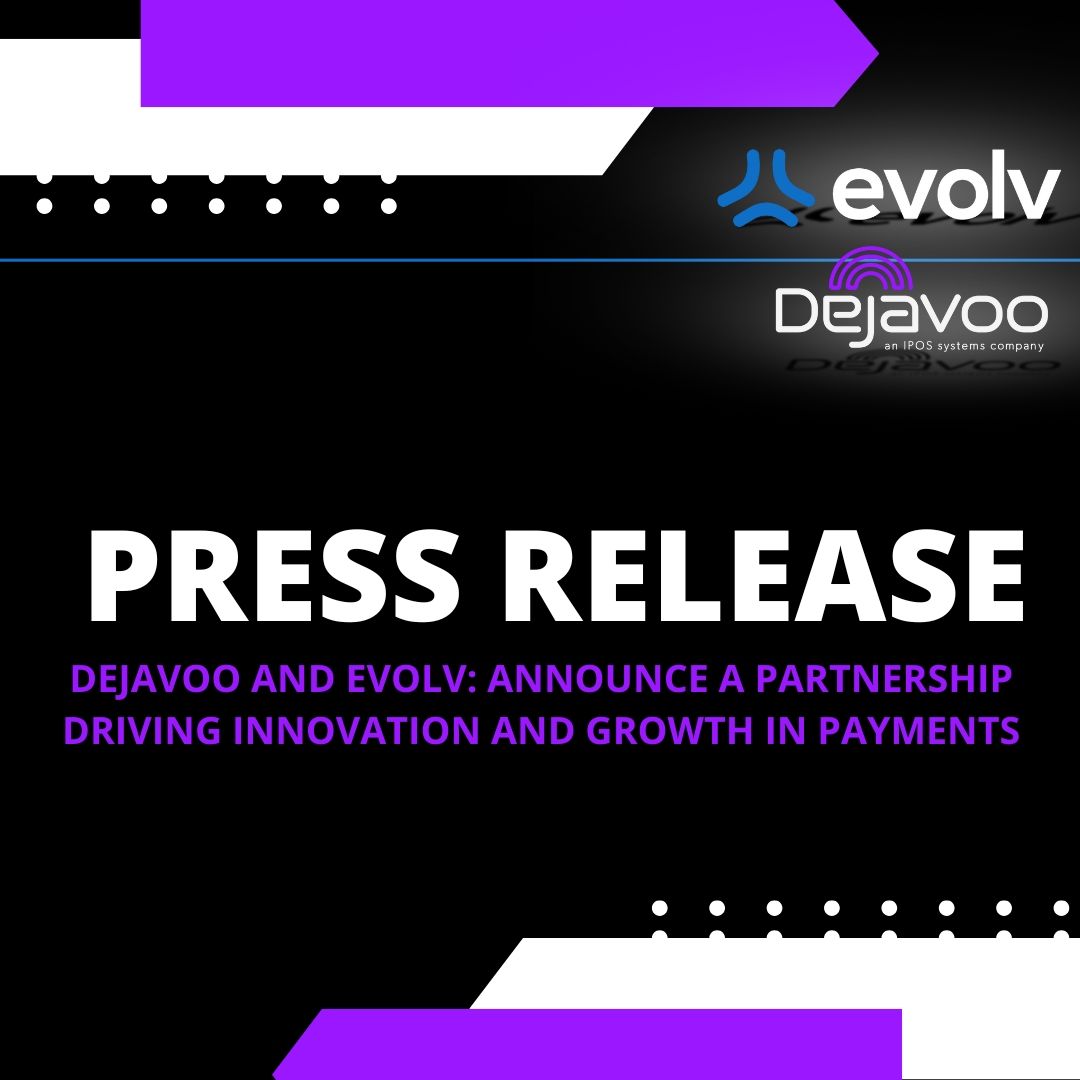
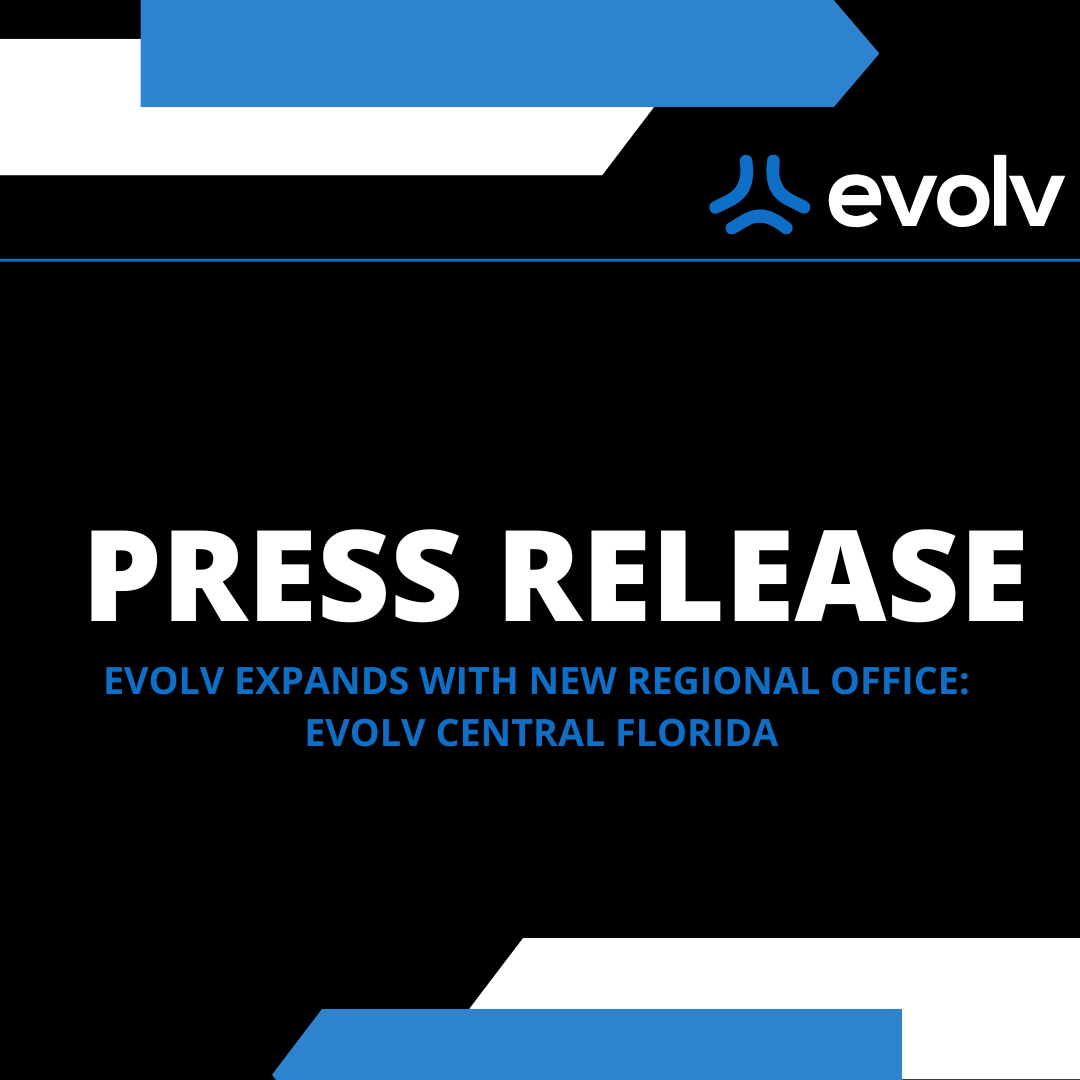
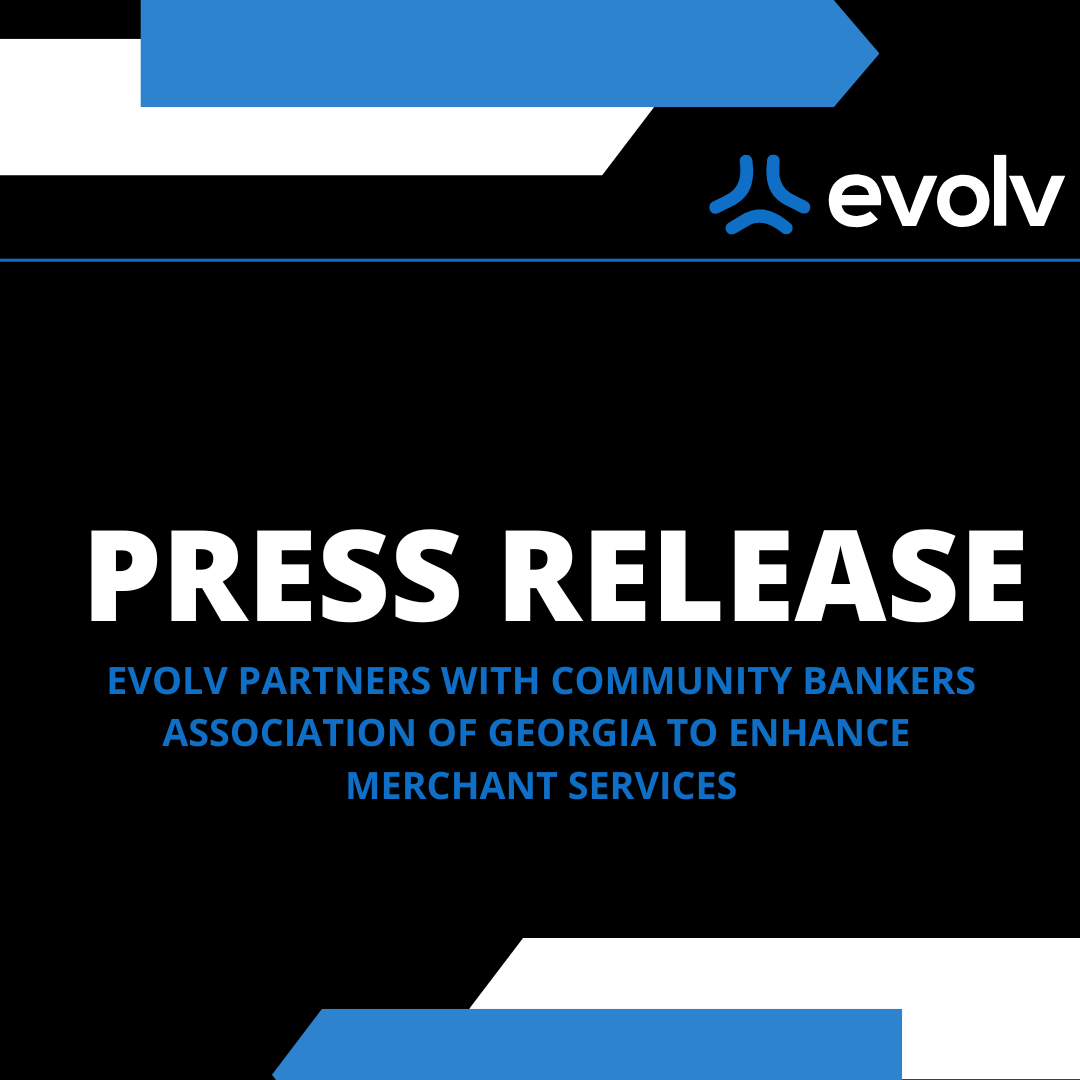
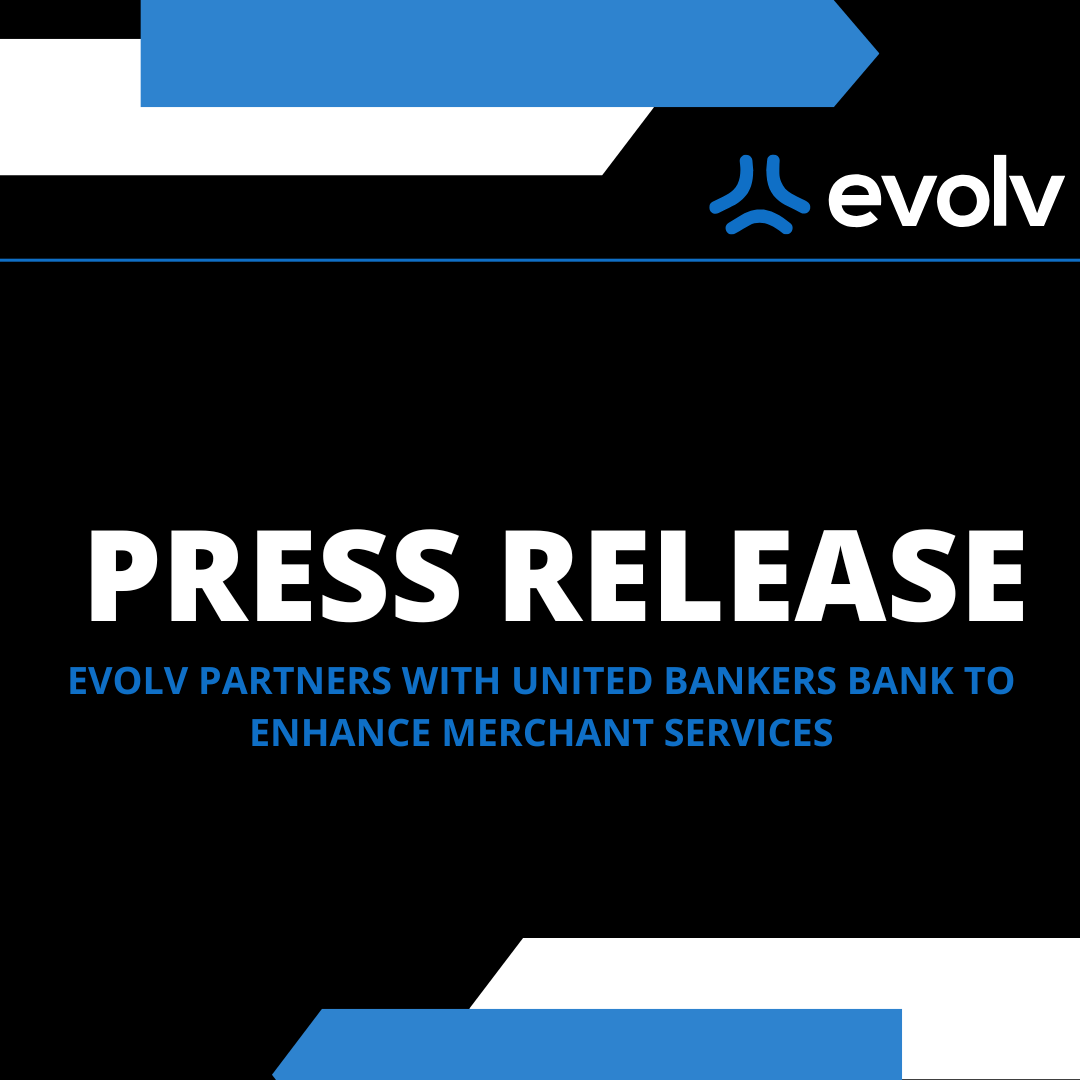
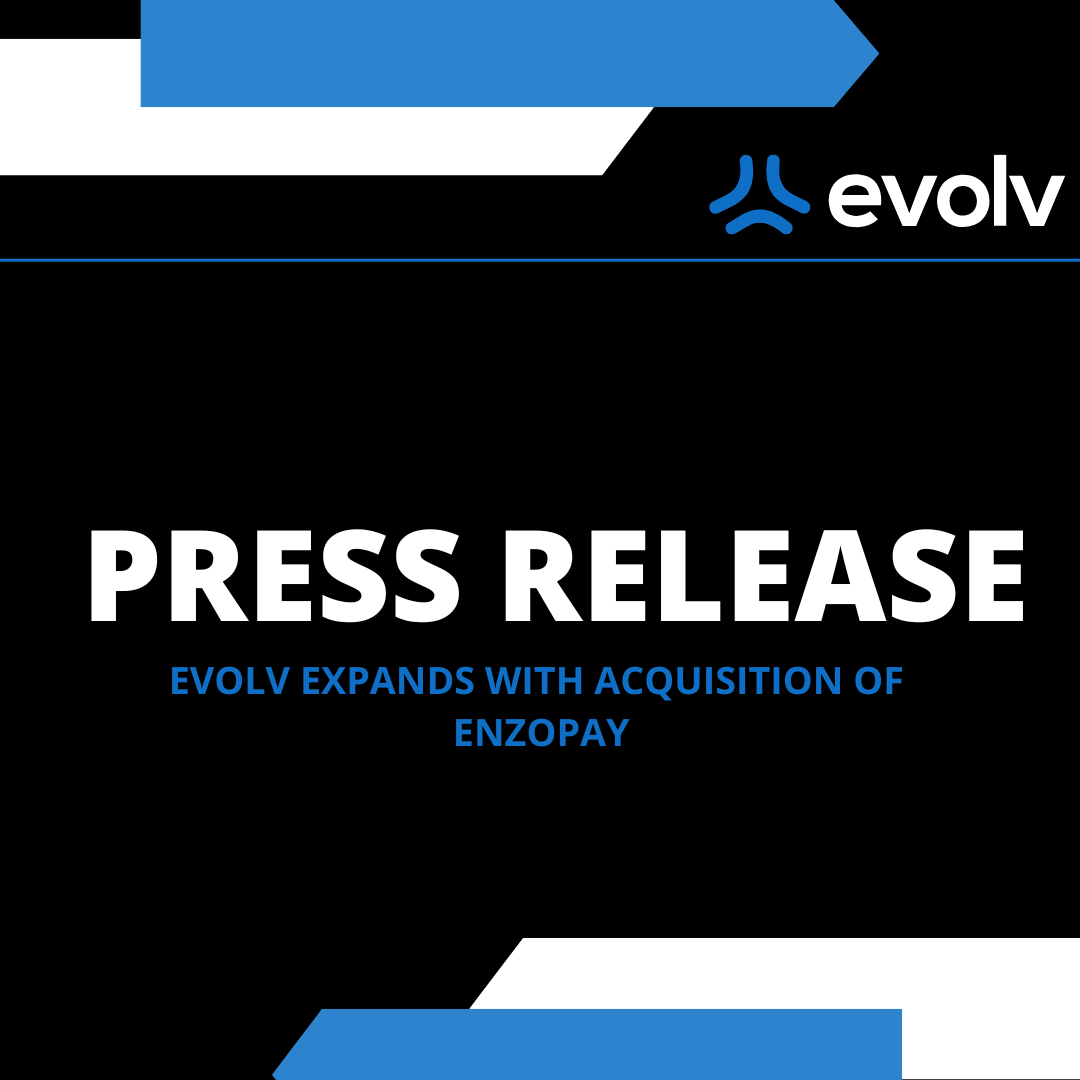
Evolv, Inc, doing business as Evolv is a registered Independent Sales Organization of Wells Fargo Bank N.A., Concord, CA, PNC Bank, N.A. Pittsburgh, PA and Fifth Third Bank, N.A., Cincinnati, OH
All Rights Reserved | Evolv


